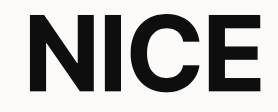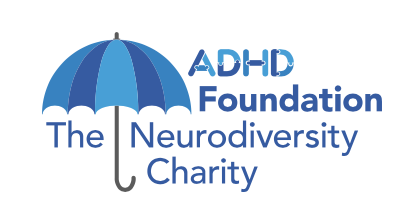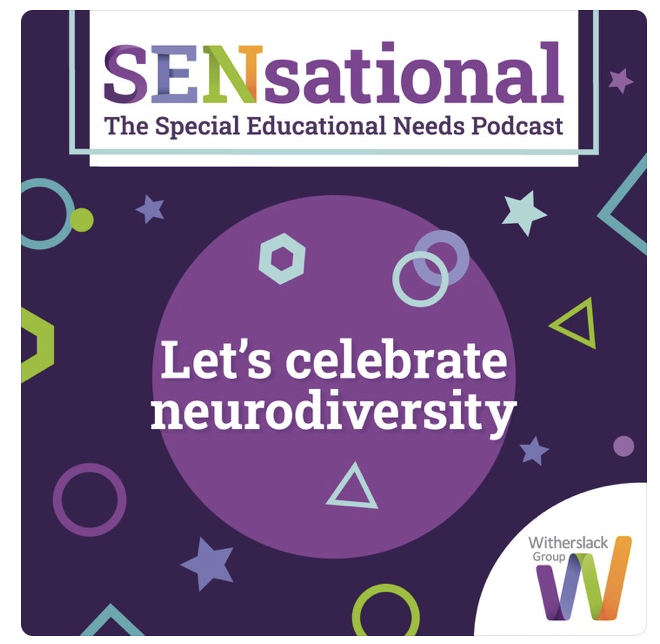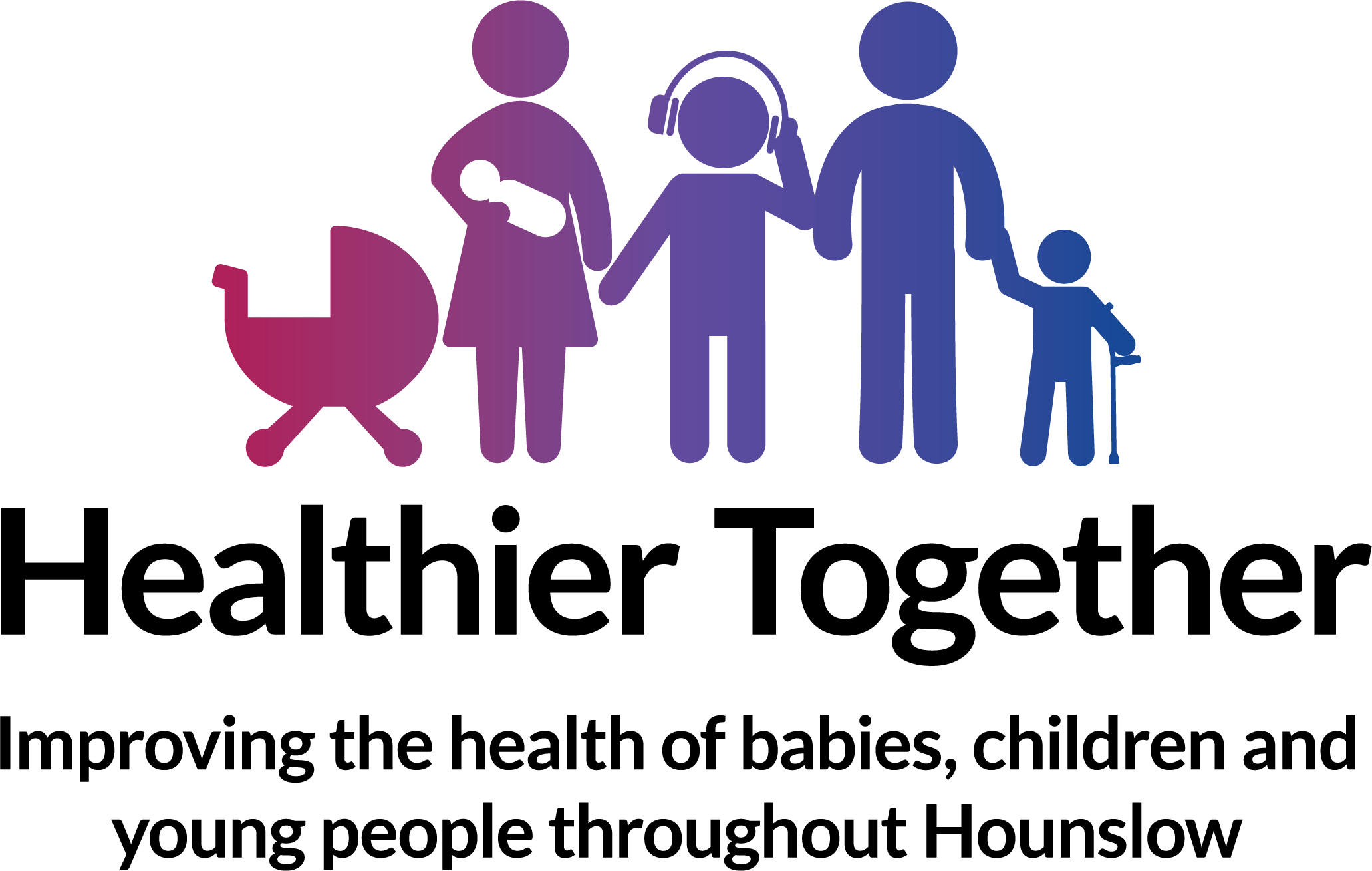Attention Deficit Hyperactivity Disorder (ADHD)
What is adhd?
ADHD stands for Attention Deficit Hyperactivity Disorder. It is a neurodevelopmental condition, that means your brain works slightly differently. It is one of a group of differences called neurodiversity.
If you have ADHD then your behaviour may be affected by:
- problems paying attention
- hyperactivity
- impulsivity
Many young people struggle to pay attention and are restless some of the time. This does not necessarily mean they have ADHD.
You may have ADHD if your inattention or hyperactivity is much worse compared with others your age, and if it is affecting your studies, friendships and home life.
Symptoms
Not all young people with ADHD have all of the symptoms. Below are some things you may find challenging.
- Problems paying attention (inattentive)
- others think you are forgetful
- you are easily distracted, for example by a door banging
- you find it more difficult than others your age to concentrate
- you have difficulty organising yourself, for example getting out the door in the mornings
- you have difficulty listening, for example focusing on what your teacher is saying or struggling to follow instructions
- Problems sitting still (hyperactivity)
- you feel restless and fidgety
- you are full of energy, and always on the go
- Problems controlling impulses (impulsivity)
- you do things without thinking
- you struggle to wait your turn, for example in a game or in a queue
Each of these challenges can also be one of your strengths. For example, being hyperactive may also mean that you are energetic and enthusiastic.
Think about your strengths:
ADHD can come with lots of challenges but can also be a positive thing. Some young people with ADHD find they are good at one or more of these things:
- being creative
- problem solving and quick thinking
- being determined and hard working
- being sporty
People with ADHD can be just as talented as those without ADHD. In fact, some of the world’s most famous people have diagnoses of ADHD including; Justin Timberlake (singer), Jamie Oliver (chef), Will Smith (actor), Simone Biles (Olympic gymnast), Emma Watson (actress) and Richard Branson (entrepreneur and owner of the Virgin brand) to name just a few!
Diagnosis
There is no simple test for ADHD. A diagnosis is when a professional officially confirms you have ADHD. This is made by recognising patterns of behaviour.
- Symptoms should be present for at least 6 months
- Symptoms must be seen in at least 2 places, such as at home, school or clubs
- Other problems should be ruled out first, for example hearing problems
- If symptoms are mild then you might not need a formal diagnosis. Often people can manage using self help tips such as those below and with extra support.
Where to start
- Speak to your teacher or your school's Special Educational Needs Coordinator (SENCO). Even if your problems are not obvious at school, this is still the best place to seek early support.
- You can also speak to your School Nurse (0 to 19 service) or GP.
- Waiting times for an ADHD assessment can be long. While you are on the waiting list, you can still get support. Most groups will support you even if you do not have a formal diagnosis.
Self help top tips
- Good sleep routine. Young people with ADHD often struggle with their sleep. This can cause problems concentrating at school. Visit the Teen Sleep Hub for more advice.
- Eat a balanced diet
- Regular exercise
- Tell your family, teachers and friends that you need simple instructions. One thing at a time.
- Ask for and take breaks
- Keep a simple routine. If you know what you are doing every day, this helps to keep organised.
- Learn about ADHD. Talk to your friends and family about ADHD. Try to focus on the positives of having ADHD and highlight your strengths to others.
- Talk to your friends so that they can understand why you behave in certain ways sometimes.
HELPFUL ADVICE
- The most important thing to know is that having ADHD is not your fault and is not a bad thing. People who have ADHD are just as talented as those without ADHD. In fact it is reported that some of the world’s most successful people have diagnoses of ADHD including; Justin Timberlake (singer), Jamie Oliver (chef), Will Smith (actor), Michael Phelps (Olympic swimmer), Emma Watson (actress) and Richard Branson (entrepreneur and owner of the Virgin brand) to name just a few!
- There are lots of strategies and techniques that you, your parents, carers and teachers can use to help you cope and manage with the things you find difficult. So it is important to make sure that those involved in teaching or supporting you are aware that you have ADHD. You can find suggestions of techniques and strategies that might help on the website link below.
- As remembering, being organised and planning your day can be one of the hardest things to do and this often makes school difficult, it is a good idea to make notes or reminders and set alarms on your phone of important things that you need to remember. Try to be organised and plan ahead what you will need for each day. It may be helpful to let others help you with doing this. Having a familiar routine will also make it easier for you to remember what you have to do and what you might need with you.
- If you have been given a diagnosis and have been prescribed medication to help you there is a really useful website called YoungMinds which can give you lots of information and advice.
Further information
 Read the NICE Guidance on ADHD
Read the NICE Guidance on ADHD
 ADHD Foundation and read their Teenager's Guide to ADHD
ADHD Foundation and read their Teenager's Guide to ADHD
 ADDitude provides guidance and support for living better with ADHD and its related mental health conditions.
ADDitude provides guidance and support for living better with ADHD and its related mental health conditions.
 Podcast SENsational: The Special Educational Needs Podcast including 'What every parent needs to know about ADHD'
Podcast SENsational: The Special Educational Needs Podcast including 'What every parent needs to know about ADHD'
![]() Young Minds Young person’s guide to ADHD and mental health
Young Minds Young person’s guide to ADHD and mental health



